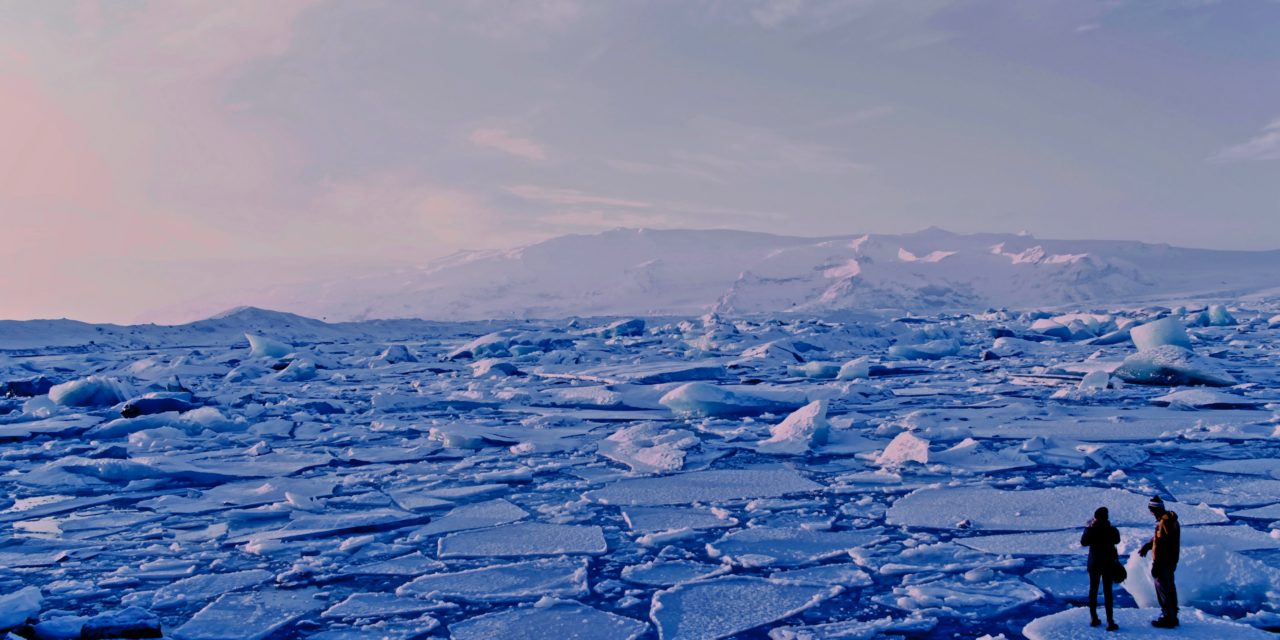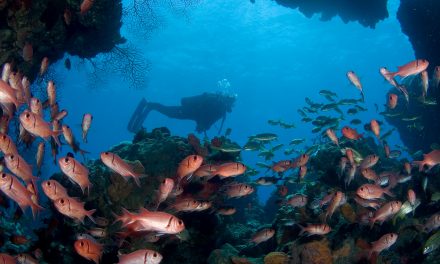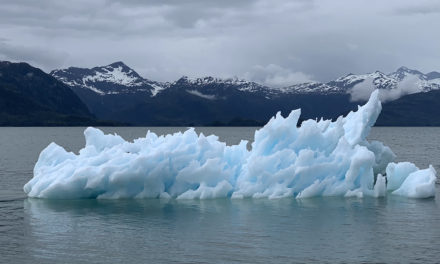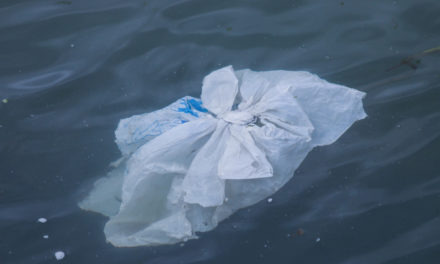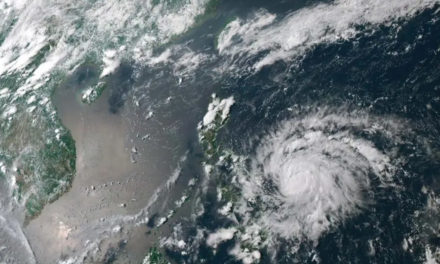From a climate change perspective, it is irrelevant where on Earth fossil fuels are burned. The emissions exacerbate the global climate emergency. There is no such thing as clean coal or clean oil, only varying degrees of dirty.
Further fuelling this crisis is Norway. The Nordic country is planning a significant expansion of oil exploration in the Arctic, despite commitments to tackling global warming and opposition from environmental groups.
The expansion was needed to protect jobs and generate wealth, said Norway’s Minister of petroleum and energy Tina Bru on Wednesday.
The government will auction up to 136 new oil exploration blocks in a major licensing round, with 125 of those in the Arctic Barents Sea, a relatively unspoiled corner of the planet, Reuters reported.
Read also: Trump eases environmental regulations for oil and gas
Norway is western Europe’s biggest oil producer and has built the world’s biggest sovereign wealth fund, worth over $1 trillion, on the back of its oil wealth.
This move shows a sign of hypocrisy
In February 2020, Norway submitted its enhanced Paris Agreement target (NDC), which sets a target of reducing emissions by at least 50% and towards 55% below 1990 levels by 2030. However, this does not cover emissions produced by fossil fuels extracted from its territory and then used by others.
Campaigners say the move to drill further in the Arctic threatens the fragile ecosystem.
Greenpeace, together with Nature & Youth, the Norwegian branch of Friends of the Earth, has been arguing since 2016 that Arctic oil drilling breaches the constitutional right to a healthy environment for future generations.
“This clearly shows the Norwegian government’s actions are not based on what is scientifically required to address the climate crisis,” Greenpeace’s head in Norway, Frode Pleym, told Reuters.
“Norway has failed to take the climate crisis seriously,” Pleym added.
Norway set the expected southern limit of ocean ice, also known as the “ice edge” south of Svalbard in June. Oil exploration north of the edge is not permitted.
Russia’s anger can also stir
Norway’s move also risks increasing tensions with Russia, for whom the area has enormous strategic importance.
“In the past few years, Russia has modernised its northern nuclear submarine fleet and expanded their military presence on the nearby Franz Josef Land archipelago,” says Helge Ryggvik, an oil historian at the University of Oslo. “Formally Russia supports the treaty, but Norway’s move into previously untouched territory could be perceived as aggressive.”
- Travellers are Rethinking Flying as Flight Shaming Takes Off - 1st March 2021
- Oxford-Backed Project Connects Partition Survivors to Their Ancestral Homes - 22nd February 2021
- Helping Your Own: A Young Aslyum Seeker Explains the Importance of Volunteering in the COVID Era - 7th September 2020

